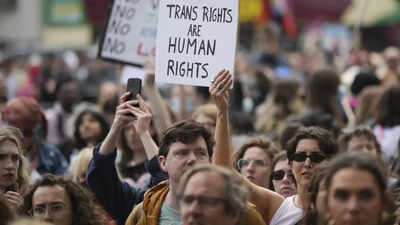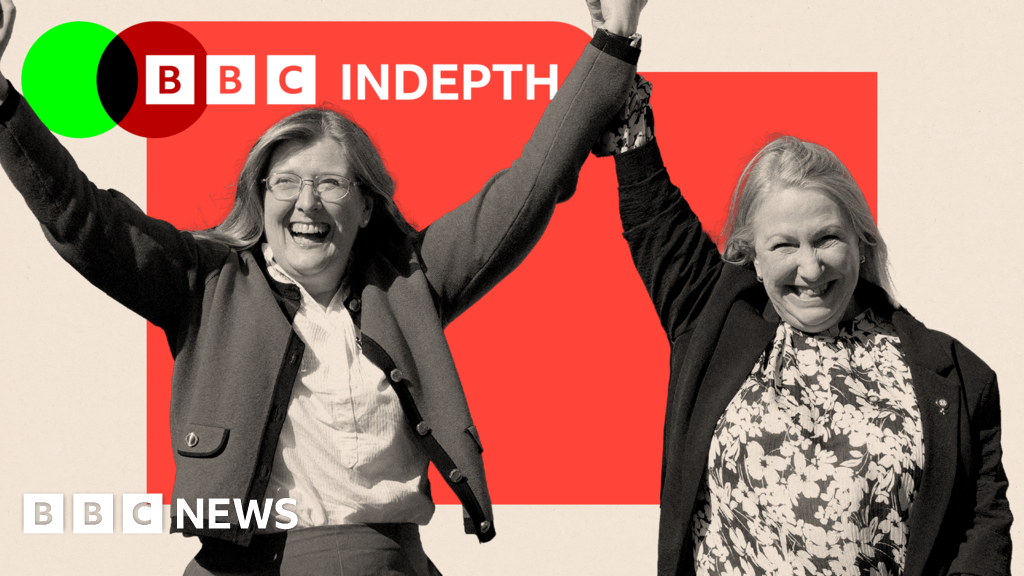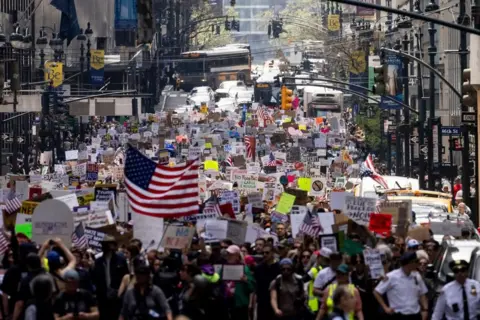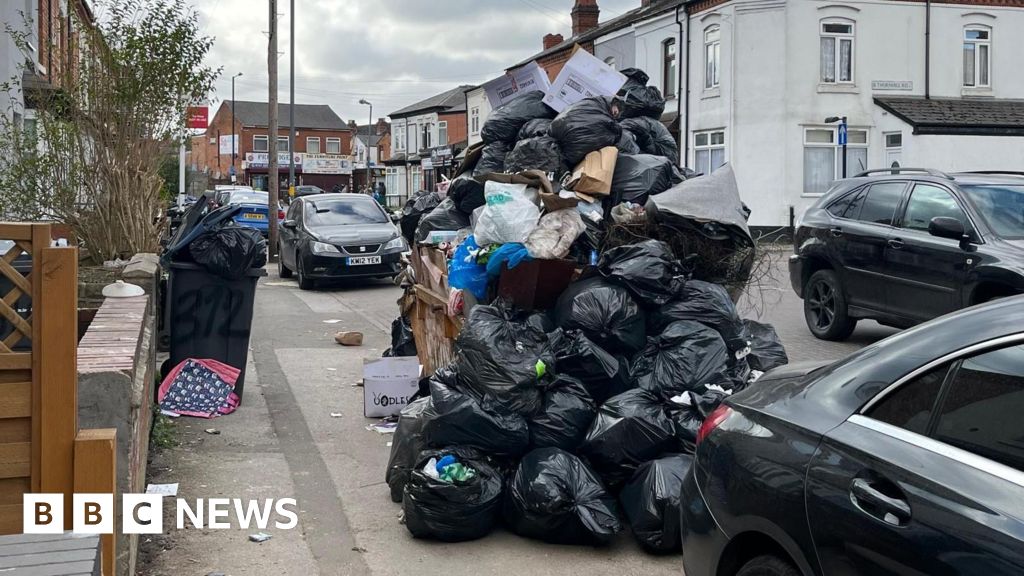Trial of Nearly 200 Protesters Opens in Istanbul Amidst Growing Tensions

On Friday, April 18, 2025, a significant trial commenced at the Caglayan courthouse in Istanbul, Turkey, focusing on a group of nearly 200 individuals rounded up during the countrys largest protests in over a decade. This trial has garnered considerable attention, as it involves 189 suspects, including students and journalists, who were arrested following the controversial detention and imprisonment of Istanbul's opposition mayor, Ekrem Imamoglu, on March 19. Imamoglu is widely regarded as President Recep Tayyip Erdogan's most formidable political rival, and his arrest has triggered widespread unrest throughout the nation.
As the trial began, the courthouse was filled with a diverse crowd, including family members of the defendants, journalists, university lecturers, and lawmakers affiliated with the main opposition party, the Republican People's Party (CHP). Among the defendants are eight journalists, one of whom is Yasin Akgul, an AFP photographer. These journalists were present to cover the protests, which represent the most significant wave of civil dissent in Turkey since the 2013 Gezi Park protests.
The charges against the suspects range from participating in illegal demonstrations to failing to disperse despite police warnings, according to court documents. Human Rights Watch (HRW) has highlighted the potential consequences these individuals face, noting that if convicted, they could endure prison sentences ranging from six months to four years.
During the proceedings, lawyer Veysel Ok, representing the detained journalists, urged the court to acquit them, emphasizing that their presence at the protest was solely for the purpose of news coverage. They were there as journalists to cover the protests... thats what they are paid for, Ok argued. However, the judge dismissed the acquittal request, although he agreed to separate the journalists cases from those of the students.
HRW commented on the indictment, stating that the claim of being journalists had not been adequately recognized, as law enforcement officials did not confirm that they were present for journalistic purposes. Erol Onderoglu, the Turkey representative for Reporters Without Borders (RSF), echoed these sentiments, asserting that the prosecution of the journalists is grounded in false evidence and is indicative of a broader pattern of arbitrary arrests.
Many of the young defendants are participating in protests for the first time, as significant demonstrations have diminished since the government crackdown following the Gezi Park protests. Outside the courthouse, Avni Gundogdu, co-founder of The Parents' Solidarity Network, expressed deep concern for the youth involved, stating, We want justice for our children. They need to be at their desks in university, not in prison.
The Istanbul prosecutor's office has announced that a total of 819 individuals will face trial across 20 separate criminal investigations. HRW has criticized the rushed nature and mass scale of these trials, noting that the evidence presented often fails to substantiate criminal wrongdoing. HRW's Europe and Central Asia director, Hugh Williamson, remarked, Given the glaring absence of evidence, it is hard not to conclude that the intended purpose of these rushed trials is to send a warning against exercising the rights to peaceful protest or free expression.
The protests that erupted following Imamoglu's arrest were met with a severe crackdown by law enforcement, who utilized teargas, pepper spray, and rubber bullets to disperse crowds. Nearly 2,000 individuals were detained, many of whom were apprehended in pre-dawn raids at their homes.
HRW reported that out of those in court on Friday, 62 were accused of carrying weapons or concealing their identities to evade identification, although the details provided were notably sparseone allegation involved a protestor allegedly holding a rock. Additionally, 20 individuals faced charges for purportedly attempting to incite a crime, a claim that HRW characterized as primarily tied to social media posts expressing a desire to participate in protests and making statements against the government, rather than inciting violence.
Due to stringent security measures, many family members were unable to enter the courthouse, leading to protests outside the metal barriers. Observing the solidarity among supporters, student Ahmetcan Kaptan declared, We are here for the trials of our friends who are in custody. We won't leave them on their own.
This trial underscores the tense political climate in Turkey, where dissent is increasingly met with harsh government responses. As the protests continue and the legal proceedings unfold, many are left questioning the state of freedom of expression and the rights to peaceful assembly in the country.





























